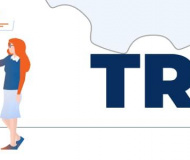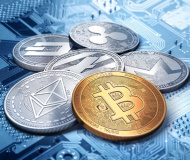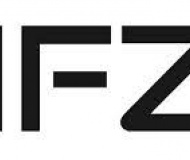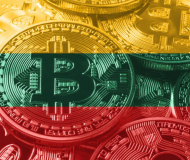ICO: withdrawals of funds into fiat
Date added: :
14.08.2017

In the absence of a unified approach to the legal nature of ICO, many lawyerswith regard to initial offering of tokensoften refer to the concept of "offering".
At the same time, this kind of interpretation of the issue under consideration predetermines emergence of significant number of difficulties in law enforcement practice.
After all, based on the position of the legislator, formulated in part 1 of Article 582 of the Civil Code of the Russian Federation, offering is grantingof a thing or a right for universally beneficialpurposes.
Granting, in turn, in accordance with part 1 of Article 572 of the Civil Code of the Russian Federation presupposes gratuitous transfer/donation of thing or property right from the donor to the donee.
Given the fact that the transfer of tokens is often associated with the distribution of profits, discounts, stock speculations and a number of other counter-measures and counteractions, state bodies reasonably perceive such transactions as feigned.
Initial offering of cryptoassets can also be considered in the context of a contract for the performance of scientificresearchor design and experimental or process/technological operations. Such a comparison is due to the nature of most blockchain projects, which are invariably associated with innovative solutions and offer various kinds of technological developments.
The foregoing interpretation of ICO allows to ensure minimal risks for investors when withdrawing cryptocurrency into fiat money. Moreover, investors receive actual means of control over their own funds at each of the stages of project promotion.
Securing the rights of investors, in turn, occurs due to the conclusion of a contract between a natural person that is the issuer of tokens and a legal entity, which carries out scientific research, development and technological works in the future. One of the key conditions of such contracts is a specific indication of the payment terms for each of the stages of the project.
Cash equivalents
In certain cases, tokens are considered as a kind of discount on products, that is a marketing instrument to encourage customer loyalty. It should be noted that this approach causes considerable number of disputes based, in particular, on the position of the Ministry of Finance of the Russian Federation, expressed in the Draft Federal Law "On Amendments to Separate Legislative Acts of the Russian Federation" and the Draft Federal Law "On Amendments to the Criminal Code of the Russian Federation and the Criminal Procedure Code of the Russian Federation ", where cryptocurrency is equivalent to quasi-money. In turn, quasi-money can be understood as "... the objects of property rights issued within the territory of the Russian Federation".
The interpretation of the above provisions allows to conclude that various discounts and bonuses may fall under the notion of "quasi-money".
A number of IT specialists upon analyzing the legal nature of initial offering of tokens apply the scheme of operation of WebMoney as the basis. Tokens, in this case, are considered as a variety of certificates that certify the owner's right to a tangible asset, by which the tokenis secured.
This approach greatly facilitates the turnover of the underlying asset.
Moreover, there is a point of viewin the IT sphere that fiat funds received by the issuer of tokens from investors under a loan agreement can be contributed to the statutory fund of the company with subsequent conclusion of an agreement ofassignment from an individual to a legal entity for repayment of the original loan agreement.
Considerable number of disputes causes the permissibility of setting up tokens on the company's balance sheet as property or property right.
















